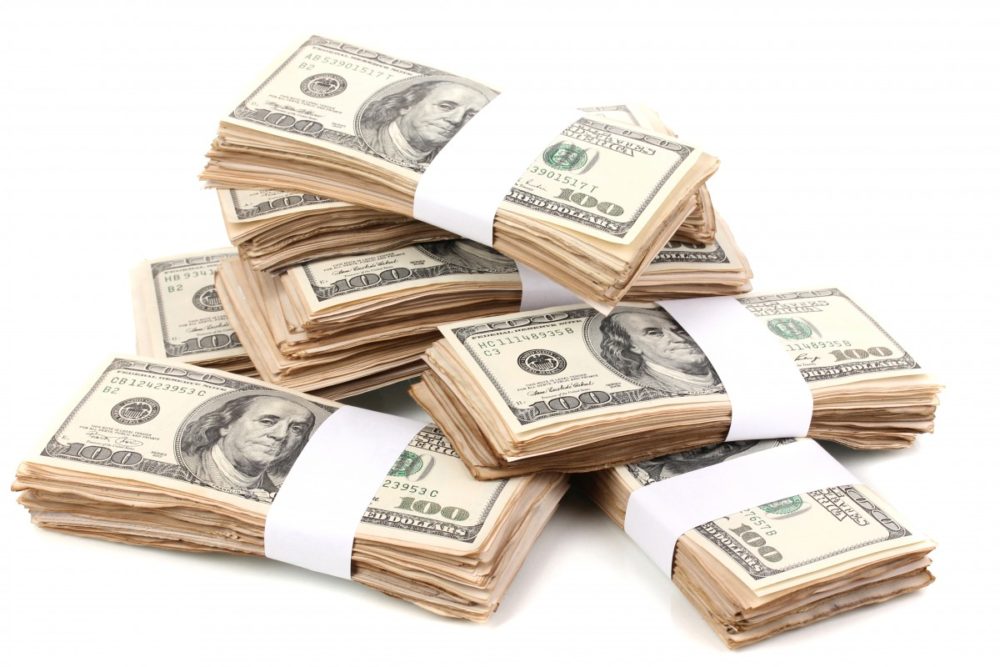
By BRANDON LARRABEE
THE NEWS SERVICE OF FLORIDA
A wide-ranging bill that would rein in local governments’ ability to increase taxes narrowly passed the House Ways & Means Committee on Wednesday.
The committee approved the measure (PCB WMC 17-02) on a nearly party-line vote, 9-7, with Rep. Kathleen Peters, R-Treasure Island, joining all the committee Democrats in opposing the measure.
The bill would require local governments, except for school boards, to spend down money saved in some special funds before approving increases in property taxes.
“When you’re sitting down to do your budget for the next year and deciding what tax rate you need to levy, if your cash position as a local government is such that you could make the choice to spend the money you have in the bank instead of raising taxes, that is the choice we would like to see you do as a result of this bill,” said Rep. Matt Caldwell, a North Fort Myers Republican handling the legislation.
The proposal would also restrict cities and counties from passing local option taxes if they have approved property-tax increases within the last three years. An increase in sales taxes for school construction would have to pass a school board with a four-fifths supermajority.
And the measure would require any local referendums raising taxes to gain 60 percent of the vote to pass. Such questions also would have to go before voters during general elections. Voters would also have to approve any moves by local governments to take on debt longer than five years.
Critics contended the legislation was confusing and too restrictive on local governments.
Amber Hughes, a lobbyist for the Florida League of Cities, said different accounting methods among local governments might make it difficult to figure out the meaning of certain terms in the bill — like the excess fund balances that the legislation targets.
“When I send (a message) out to my finance officers and say, ‘Do you meet these thresholds?’ and they say, ‘We have no idea; we don’t even know how to calculate it’ — that’s concerning to me,” Hughes said.
Others zeroed in on the bill’s mandate that a supermajority of voters approve tax referendums.
“To start imposing 60 percent requirements to get anything done, I just think is anti-democratic,” said Rep. Joseph Geller, D-Aventura.
The bill comes amid a debate at the Capitol about the proper role of local governments. A measure that would severely restrict the authority of local governments to pass business regulations (HB 17) has already been approved by one of its two House committees.



